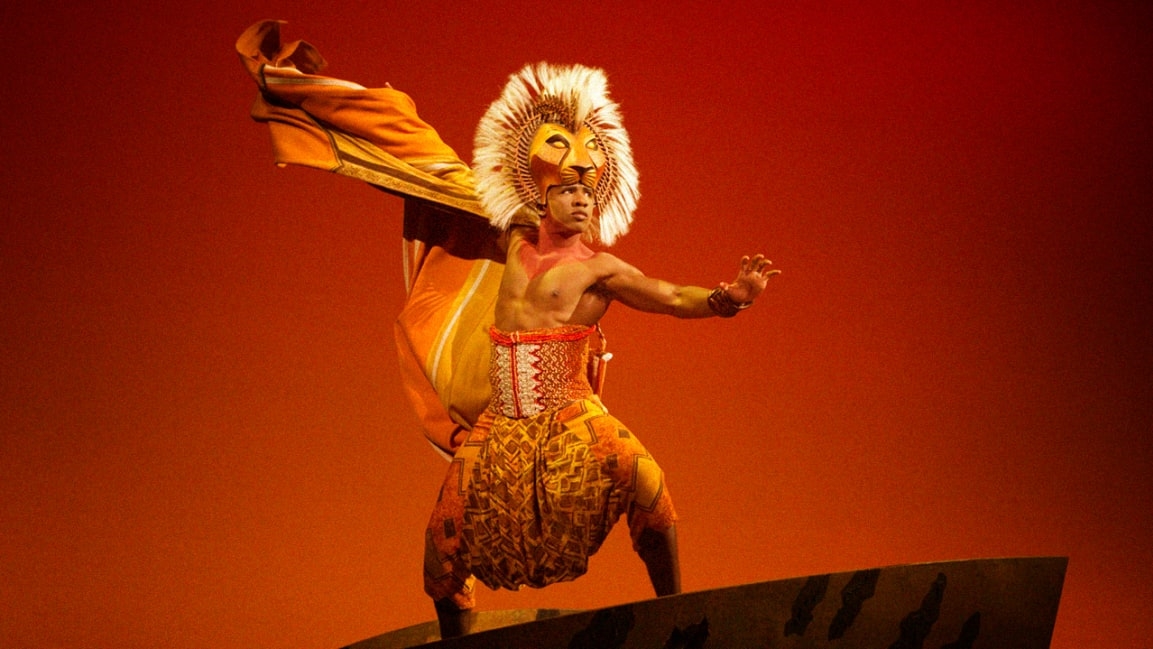Disney’s trademark of Hakuna Matata invokes hints of colonialism
Hakuna matata is a Swahili phrase that roughly means, “No problem,” but Disney’s trademark of the phrase is definitely a problem.
Over 52,000 people have signed a petition accusing Disney of “colonialism and robbery” for its trademark on a phrase that’s used across Kenya, Tanzania, Uganda, and the Democratic Republic of the Congo. While the phrase became a global phenomenon thanks to Timon and Pumbaa in the 1994 film The Lion King, as the Guardian notes, Disney was hardly the first to popularize the phrase. That particular accolade goes to the Kenyan band Them Mushrooms and their 1982 song “Jambo Bwana” (“Hello, Mister”), which featured the phrase hakuna matata–and went platinum.
That fact didn’t stop Disney from being granted U.S. trademark protection in 2003 for the use of hakuna matata on clothing or footwear. While Kenyans and other Africans can sell their own hakuna matata clothing in Africa, they can’t sell clothing with the Swahili phrase in the U.S., thanks to Disney’s trademarks.
Disney plans to release a live action remake of The Lion King next year.
Shelton Mpala, who created the petition, accused the company of appropriation. “Disney can’t be allowed to trademark something that it didn’t invent,” he wrote. The petition has so far been signed by more than 52,000 people. As the Guardian notes, the controversy has sparked efforts to encourage African governments to do more to protect their culture from Western pilfering. (See this article in Business Daily Africa.)
We’ve reached out to Disney for comment and will update if we hear back.
This isn’t the first time that Disney has been accused of cultural insensitivity. While it has been making efforts to improve (see, for instance, Moana and Coco), it tends to fall short when it comes to trademarks. For instance, the company actually tried to trademark the phrase Dia de los Muertos (aka the Mexican Day of the Dead festival) for merchandising purposes, only dropping the attempts when it was called out.
(76)



